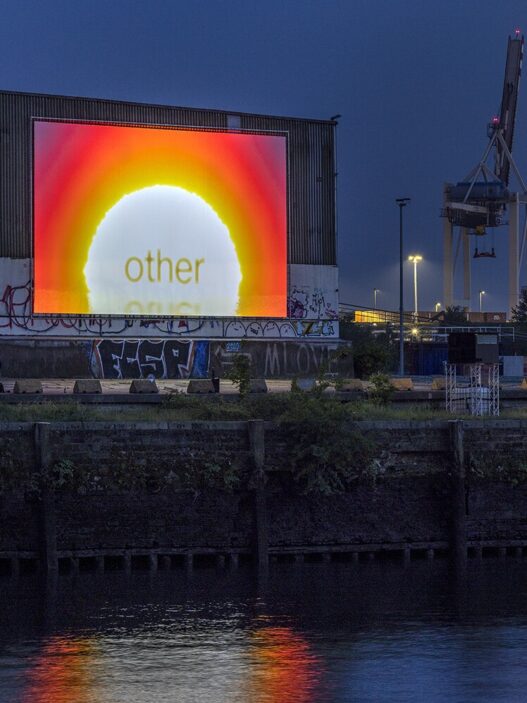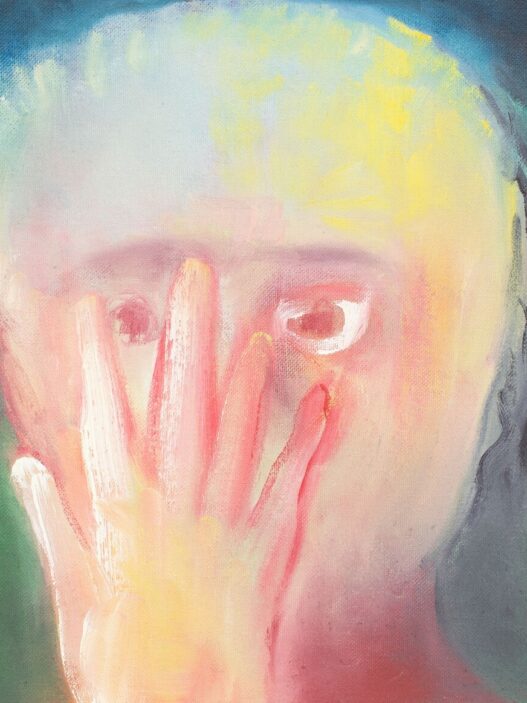After signing a contract with the late director’s widow, Peng Kai-Li, the Taipei Fine Arts Museum (TFAM) and Taiwan Film and Audiovisual Institute (TFAI) will commemorate the 15th anniversary of the passing of renowned Taiwanese director Edward Yang (De-Chang) by presenting Edward Yang: A Retrospective (TBD) and digitally restoring Yang’s two films, A Confucian Confusion (1994) and Mahjong (1996). The TFAI will screen Yang’s full body of work in mid-July 2023, along with the retrospective and an international forum co-curated by the TFAM Director Wang Jun-Jieh and cinema scholar Sing Song-Yong.
Director of the “Taiwan New Cinema”
One of the most recognizable and well-known Taiwanese filmmakers of the “Taiwan New Cinema” movement of the 1980s, which launched Taiwanese cinema’s distinctive and avant-garde culture and produced amazing successes on the world film scene, was Edward Yang. Yang was a prolific filmmaker who throughout the course of his career directed seven feature pictures, one short film, and one TV series. He also created multiple music videos, flash animations, and comic strips in addition to writing and directing at least four theatrical performances. Yang, who was known as “the thinker of urban culture,” centered his works on Taipei and explored the daily lives and current realities of urban inhabitants. His ideas and strategies were always audacious, clever, and dialectically sound. He made an effort to realize his film language in a unique style throughout his life.
A Brighter Summer Day (1991), which won Best Feature Film and Best Original Screenplay at the 28th Golden Horse Award as well as Best Feature Film at the 36th Asia Pacific Film Festival, was another award winner by Yang. Mahjong received Best Director at the 9th Singapore International Film Festival and the Special Jury Award at the 46th Berlin International Film Festival. Yang became the first Taiwanese director to ever achieve this distinction in 2000 when his film A One and a Two won Best Director at the Cannes Film Festival. In summary, Yang’s artistic work had consistently helped Taiwanese cinema reach new heights.
The TFAI President Lan Tsu-Wei states, “it is a great pleasure to carry forward Yang’s accomplishments together with the TFAM, for which we pay special thanks to Ms. Peng Kai-Li and the overall planning of the TFAI CEO Wang Chun-Chi.” TFAM Director Wang Jun-Jieh says, “the exhibition will not only address Yang’s important achievements in terms of his aesthetic, cultural and historical critiques, but will also spur a dynamic dialogue between film and contemporary art. Meanwhile, we also look forward to tour the exhibition internationally in the future.”
No. 181 Zhongshan N. Road Sec. 3
Taipei 10461
Taiwan








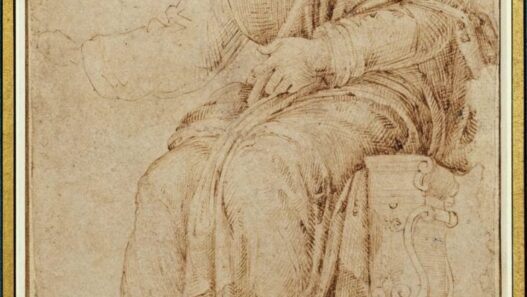
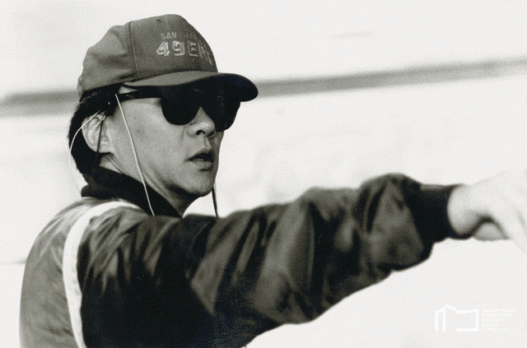
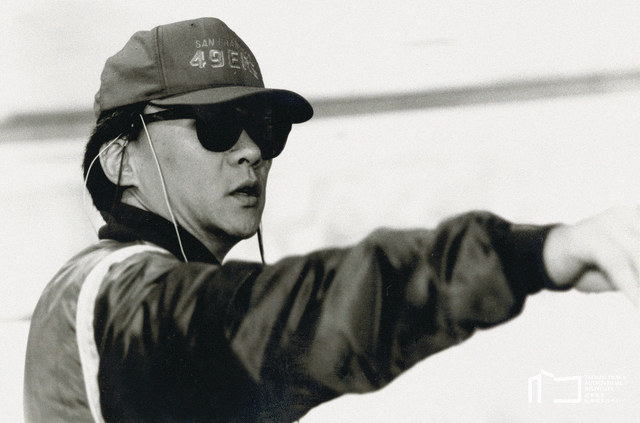


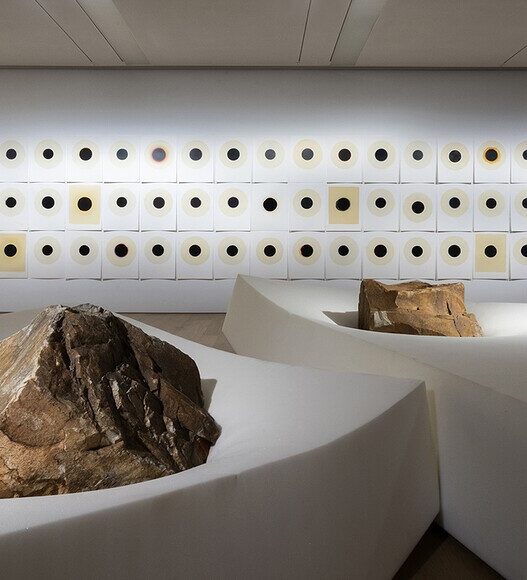
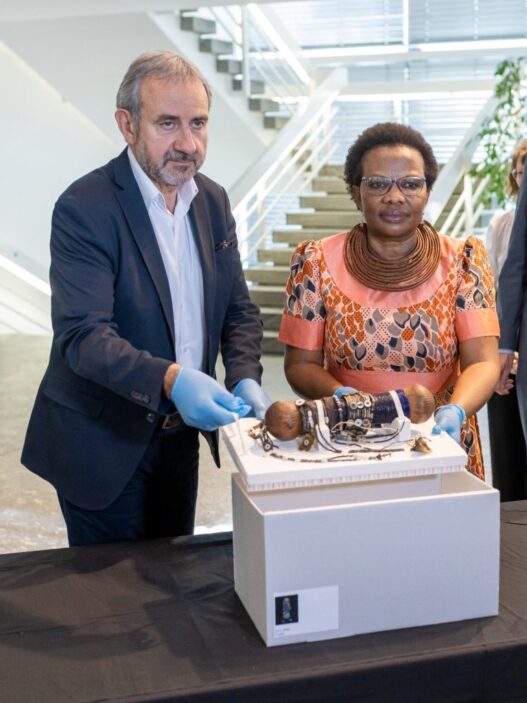

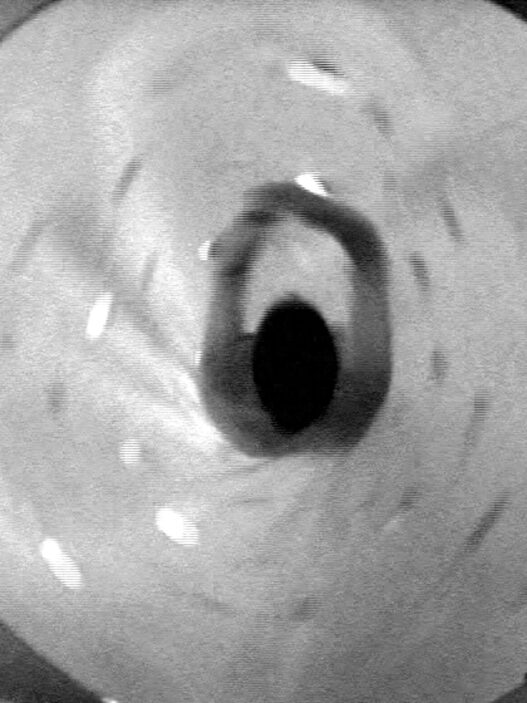

![[1] Ríos de Gente, 2021. Photo: Juan Esteban Calderón. [2] Estrías, 2009. Photo: City of Women. [3] Quien Puede Borrar Las Huellas?, 2003. Photo: Victor Pérez. [4] Tierra, 2013. Photo: Bertrand Huet. [5] La Sombra, 2017. Photo: Michael Nast. All images courtesy of the artist.](https://dailyart.news/wp-content/uploads/2022/06/regina_jose-527x703.gif)
